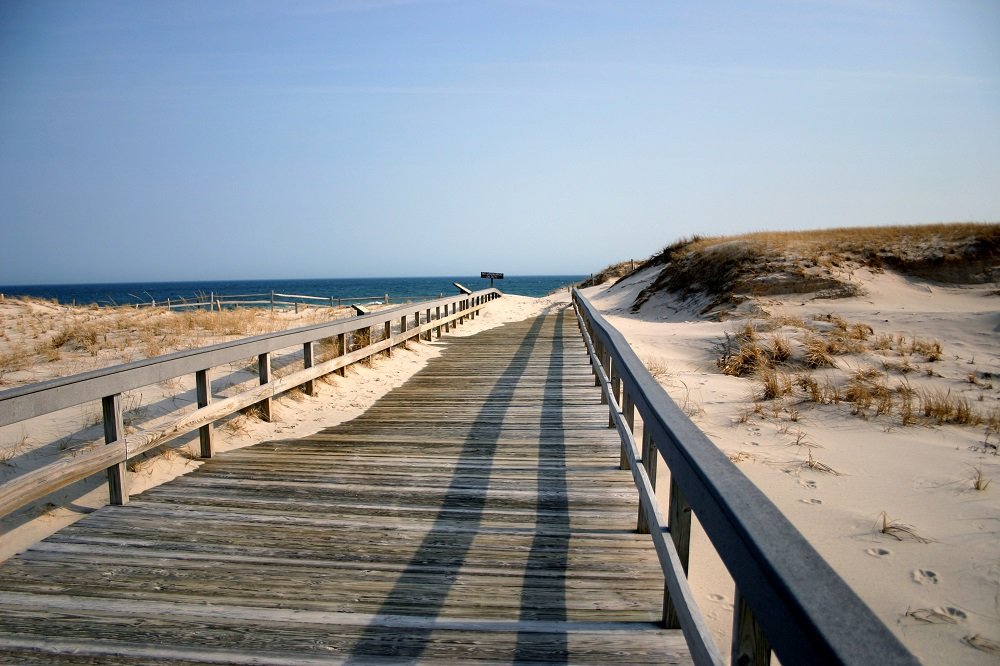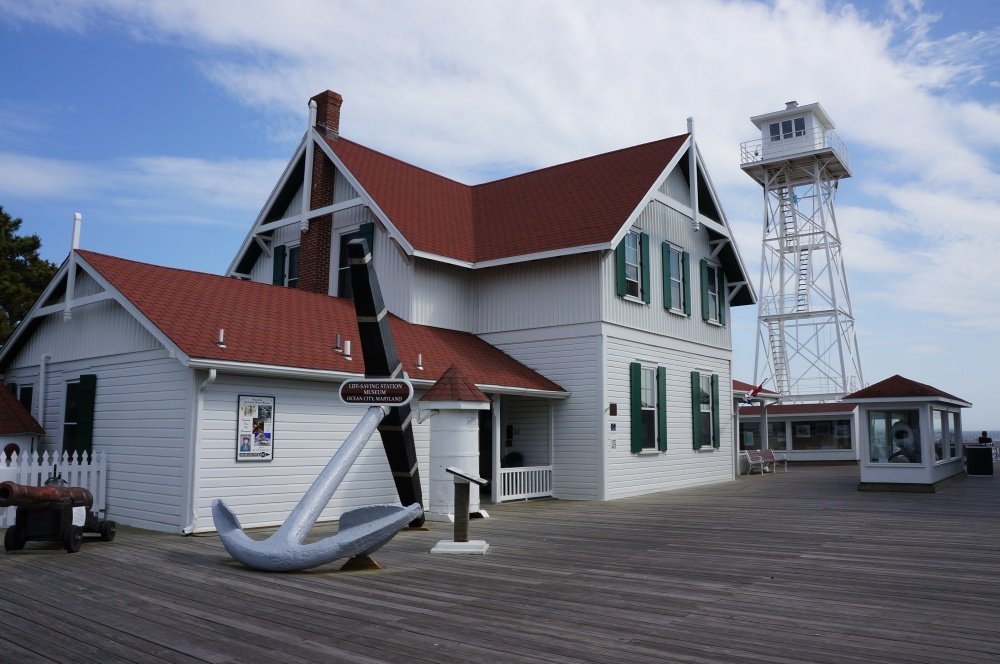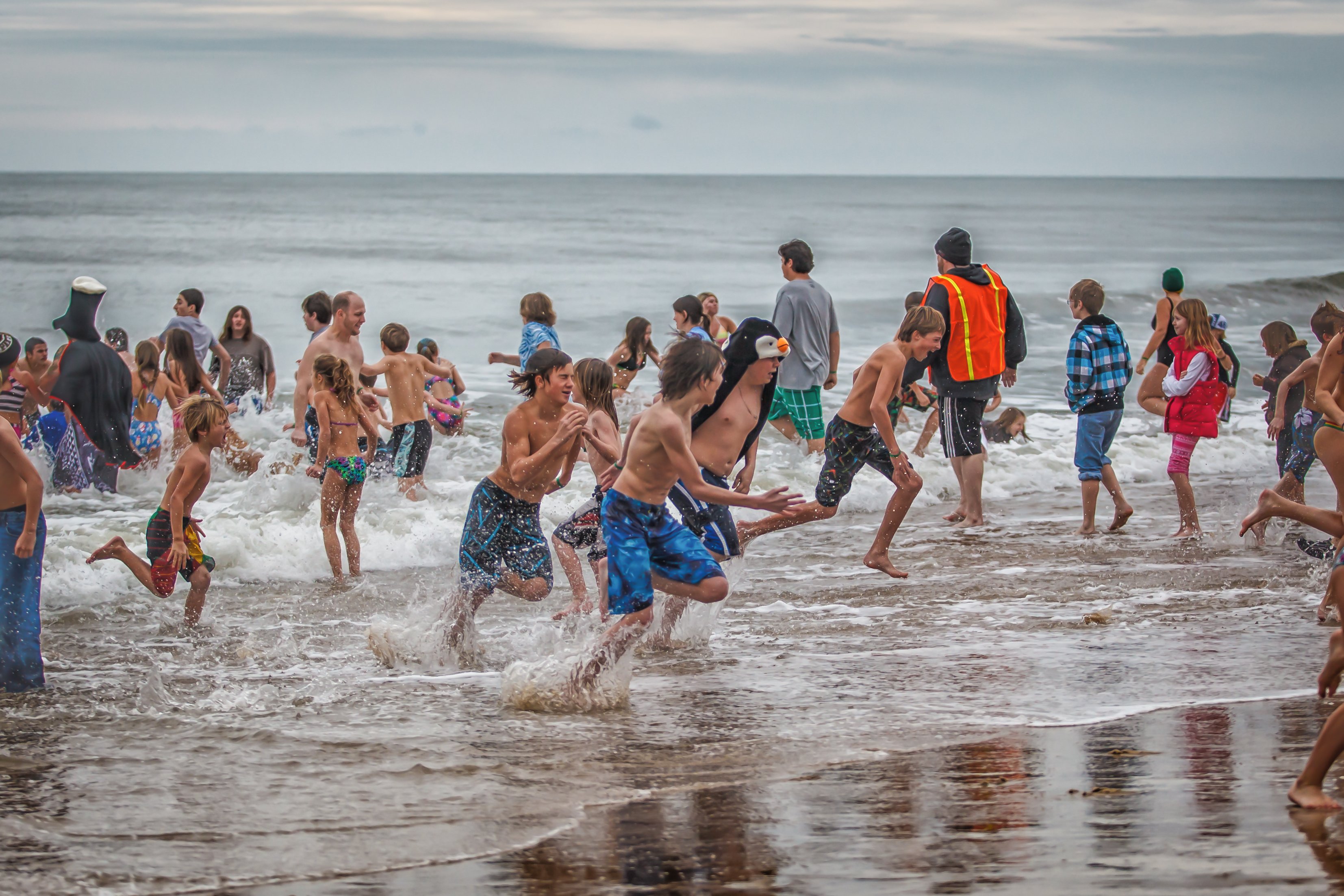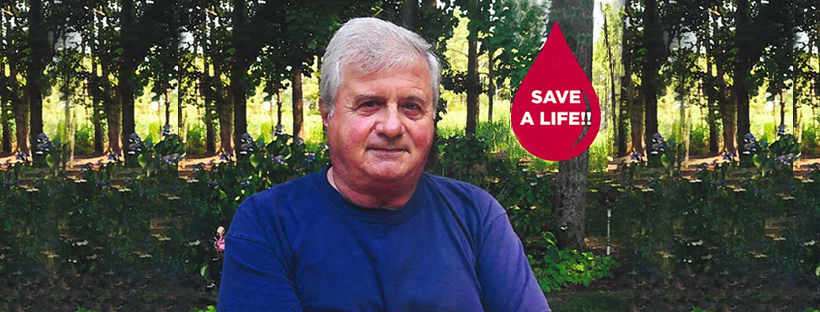Local man, Nick Morris is searching for a living kidney donor to save his life. Two years ago the Berlin resident learned that he would need a new kidney.
“I’ve had a few offers, but unfortunately, they’ve all fallen through,” Morris said.
Morris said that this diagnosis initially began with an enlarged prostate, which created a blockage and backs up into the kidneys. It is now at the point where he is desperately searching for a living kidney donor to save his life.
Morris, who since his diagnosis has noticed a considerable drop in his energy level says, “it just takes a toll on you, there’s a big psychological aspect, your energy is low, and you just lose the motivation when you’re constantly waiting.”
Earlier this year, Morris began the process to be put on the national waitlist for a deceased kidney donor, which on average, takes six years.
“I was a good candidate,” said Morris. “I have no other health issues.”
Morris has been an active member of the local community since 1955 when he began visiting Ocean City. He eventually moved to town in 1975 to be closer to his daughter, Alicia Morris Gravenor, that he shares with Pocomoke native, Patricia Kurka.
“I was a lifeguard for Ocean City, Assateague Island, the YMCA in Pocomoke and Ocean Pines for over twenty years,” said Morris, “I worked at the Alaska Stand, the Dumsers on 120th, the Carousel, and the former Ramada Inn. I was a substitute high school teacher, I taught high school English for 7-years, coached cross-country and various school activities, and was an adjunct professor at Wesley College and Wor-Wic Community College.”
Morris, who is also a Sons of The American Legion Post #123 member, hopes that his experience and heavy involvement with the local community will help him to find a donor quickly
“The biggest thing that you can do is give someone his life back,” says Morris.
Those who have been following our online publication will remember the story of Craig Lynch. A local man who reached out to Shorebread when polycystic kidney disease caused the progressive failure of both kidneys. Less than a year after the original story was published, one of our Shorebread readers became a successful match for Lynch. And now, almost four years later, we’re hoping that the same miracle will happen to Nick Morris.
With Lynch’s blessing, we reached out to his donor, Kim Parsons, to reassure readers of the process of donating a kidney, and her experience of being a kidney donor.
“Since donating to Craig, I have experienced no limitations at all, it was a super easy surgery,” says Parsons, “I was overnight at the hospital, and then back to work in two weeks.”
Parsons says that the experience was so easy and that she has “absolutely 0 regrets.”
“It’s hard to imagine saving someone’s life over this because it was just so easy,” says Parsons, “you really get a lot of support, I would suggest doing your research, and talking to someone who has donated before if you have any questions.”
For Morris, the hope is to get a healthy kidney before having to resort to dialysis, his best chance for a happy and healthy life, is to receive a healthy kidney from a living donor.
If you are interested in being a living donor, the first step is to find out if you are blood compatible. Morris needs someone with an “O” blood type. If you are unsure, you can check with the Blood Bank of Delmarva (if you have donated), your doctor, or you can order a home test kit for less than $10 by clicking here.
If your blood type is not a match for Nick Morris, there is still a chance that you can help through paired kidney exchange. A paired kidney exchange allows donors to “swap” with other donors’ recipients. Through a carefully orchestrated process, one person gives a kidney to an unknown recipient, and that recipients willing donor, in exchange, gives a kidney to a different recipient with whom they are compatible.
The next step is to fill out the application, which can be found online by clicking here.
Finally, think about the incredible impact that you can have on someone else’s life, by giving them their own life back.
For more on Nick Morris’ story, read Morris’ story on The Dispatch, and 47 ABC.
Find more information from the University of Maryland Medical Center by clicking on the following links about becoming a living donor, or living donor kidney transplants.
Potential donors can contact Nick Morris by phone at 410-629-9068, or 410-641-2310, or via email at m22nicholas@aol.com.






